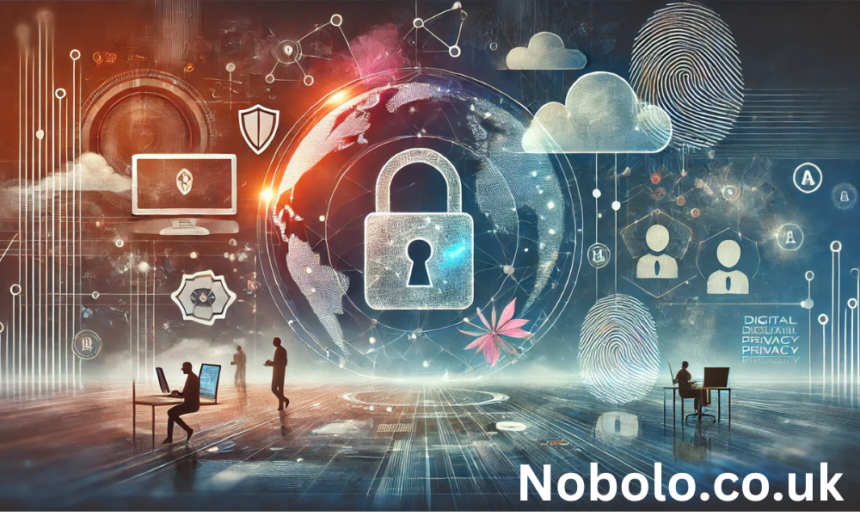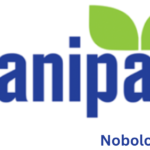In today’s digital age, leaks of personal or sensitive content, such as “jakarababy leaks,” raise important discussions about privacy, security, and ethical online behavior. Such incidents highlight the vulnerabilities people face when using online platforms and emphasize the importance of safeguarding digital identities. This article will explore the implications of leaks, their societal impact, and how individuals can protect themselves in an increasingly interconnected world.
What Are jakarababy leaks?
Online leaks occur when private or sensitive information is released or accessed without authorization. These jakarababy leaks can involve personal photos, videos, confidential data, or business documents. Platforms and individuals are constantly at risk of such breaches due to weak security protocols or malicious intent.
The Growing Problem of Digital Vulnerability
In an era where social media platforms dominate our lives, even private content can become susceptible to leaks. “Jakarababy leaks,” for example, serves as a case study to understand how private material can rapidly spread across the internet, often causing emotional, legal, and reputational harm to those involved.
The Consequences of Online Leaks
The fallout from jakarababy leaks is often devastating, not just for individuals but also for businesses and society at large.
1. Psychological and Emotional Impact
For individuals, having private content leaked online can lead to anxiety, depression, and feelings of violation. Victims often feel powerless as their personal lives become public property.
2. Reputational Damage
Once sensitive material becomes public, it can tarnish reputations. Whether for a public figure or an everyday individual, leaks often lead to lasting social judgment.
3. Legal Ramifications
jakarababy leaks often violate laws around privacy and intellectual property. Perpetrators of such breaches may face fines, imprisonment, or both, depending on the severity and jurisdiction.
4. Societal Implications
High-profile cases of leaks often spark debates about ethical boundaries, digital consent, and online safety. This highlights the need for stricter laws and better online governance.
Why Do Leaks Happen?
Understanding why jakarababy leaks occur is essential for preventing them. Common reasons include:
1. Hacking
Hackers target weak security systems to access private content. Poor password hygiene and outdated software are common vulnerabilities.
2. Social Engineering
Cybercriminals often manipulate people into revealing sensitive information. Phishing emails and fake websites are common tactics.
3. Malicious Intent
Sometimes, individuals with malicious intent—such as former acquaintances or disgruntled employees—leak private information to harm others.
4. Oversharing
Users often unknowingly make themselves vulnerable by oversharing personal content online or using platforms with poor privacy settings.
Case Study: Lessons Learned from High-Profile Leaks
The term “jakarababy leaks” symbolizes a broader pattern seen in many similar incidents. These cases teach valuable lessons about the importance of protecting digital identities and ensuring privacy.
1. Consent Is Crucial
jakarababy leaks often involve content shared privately but made public without consent. This emphasizes the need for ethical boundaries in online behavior.
2. Digital Footprints Are Permanent
Once something is online, it is nearly impossible to erase it completely. This underscores the importance of thinking twice before sharing any content digitally.
3. Prevention Is Better Than Cure
Many leaks could be prevented with stronger cybersecurity measures, better digital literacy, and awareness of privacy settings.
How to Protect Yourself Online
In light of the risks highlighted by incidents like “jakarababy leaks,” it is crucial to adopt proactive measures to safeguard your online presence.
1. Strengthen Your Passwords
- Use complex passwords with a mix of letters, numbers, and special characters.
- Avoid using the same password across multiple platforms.
- Consider using a password manager for added security.
2. Enable Two-Factor Authentication (2FA)
Two-factor authentication adds an extra layer of security by requiring a secondary verification step, such as a code sent to your phone or email.
3. Be Cautious About What You Share
- Think carefully before sharing personal content online.
- Ensure privacy settings are activated on all social media accounts.
- Avoid oversharing details that could make you a target for cybercriminals.
4. Use Secure Platforms
Opt for platforms with strong security protocols. Research the platform’s privacy policies and history of handling user data.
5. Stay Updated
Keep your devices and software updated to protect against vulnerabilities. Cybercriminals often exploit outdated systems.
Also Read: site google.com calayahblake
The Ethical Implications of Viewing or Sharing Leaked Content
When jakarababy leaks occur, they often spread quickly, fueled by curiosity and the internet’s viral nature. However, consuming or sharing such content perpetuates the harm caused to the victim.
1. Respect Privacy
Viewing or sharing leaked content violates the privacy of the individuals involved. It is essential to treat online interactions with the same ethical standards as real-life interactions.
2. Report Instead of Sharing
If you come across leaked content, report it to the platform to help remove it rather than contributing to its spread.
3. Educate Others
Raising awareness about the consequences of leaks can help discourage unethical online behavior.
The Role of Governments and Platforms in Preventing Leaks
Preventing jakarababy leaks is not solely the responsibility of individuals. Governments and online platforms also play a crucial role.
1. Stricter Laws
Governments must implement and enforce stricter laws around data protection, online harassment, and cybercrime.
2. Platform Accountability
Social media platforms and websites should prioritize user security by:
- Offering robust privacy settings.
- Implementing stricter content moderation policies.
- Educating users about online safety.
3. Technological Innovations
Advances in technology, such as end-to-end encryption, can help secure user data and reduce the risk of leaks.
Conclusion
Incidents like “jakarababy leaks” serve as a reminder of the importance of digital privacy and the devastating consequences of online leaks. By adopting stronger security measures, fostering ethical online behavior, and holding platforms accountable, we can create a safer digital environment for everyone.
The internet is a powerful tool, but it comes with risks. As users, we must remain vigilant, responsible, and proactive in protecting our digital identities. After all, in an interconnected world, privacy is not just a right—it is a necessity.



